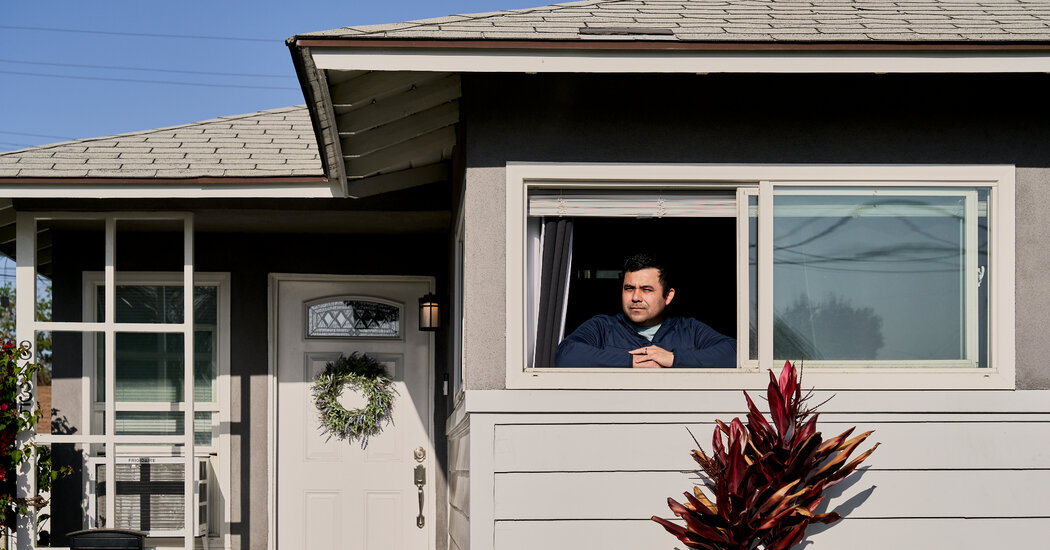This makes it a great time to be a seller – assuming you don’t have to buy. Christopher J. Waller, a Fed governor, lives up to this.
“I sold my St. Louis home yesterday to a buyer who was all cash, with no inspection,” Mr. Waller said in a panel discussion Monday. “But I’m trying to buy a house in DC, and now I’m standing on the other side and saying, ‘This is insane.'”
He notes that the sharp rise in mortgage rates in recent months should have an effect on what happens to housing.
The recent lack of new construction was not due to lack of interest. Millennials, now in their late twenties to early forties, are in their prime for home buying. Their desire to buy houses and raise families has clashed with scarce supply, pushing prices up.
Shutdowns in the early months of the pandemic slowed housing construction, but housing construction has been on the rise of late. New home completions, however, remain low as the tight labor market and supply chain disruptions rush homebuilders to source wood, dishwashers, garage doors and workers.
Frequently asked questions about inflation
What is inflation? Inflation is a loss of purchasing power over time, meaning your dollar won’t go as far tomorrow as it did today. It is usually expressed as the annual price change for everyday goods and services such as food, furniture, clothing, transportation, and toys.
The prices, the lack of supply, the sense that the only way to win a bidding war is to forgo contingencies and inspections: all of this has buyers like Armando Villanueva, a 34-year-old accountant in Whittier, California, exhausted. To move from a two-bedroom, 800-square-foot home to a larger home for future children, Mr. Villanueva and his wife spent the last few months of 2021 bidding after offering — and losing every time. They expanded their budget from $700,000 to $800,000. They removed contingency loans in hopes of being more competitive. With two dozen offers, it still wasn’t enough.
As the end of the year neared, they finally offered $825,000 for a home listed for $750,000. It went for almost $1 million.

